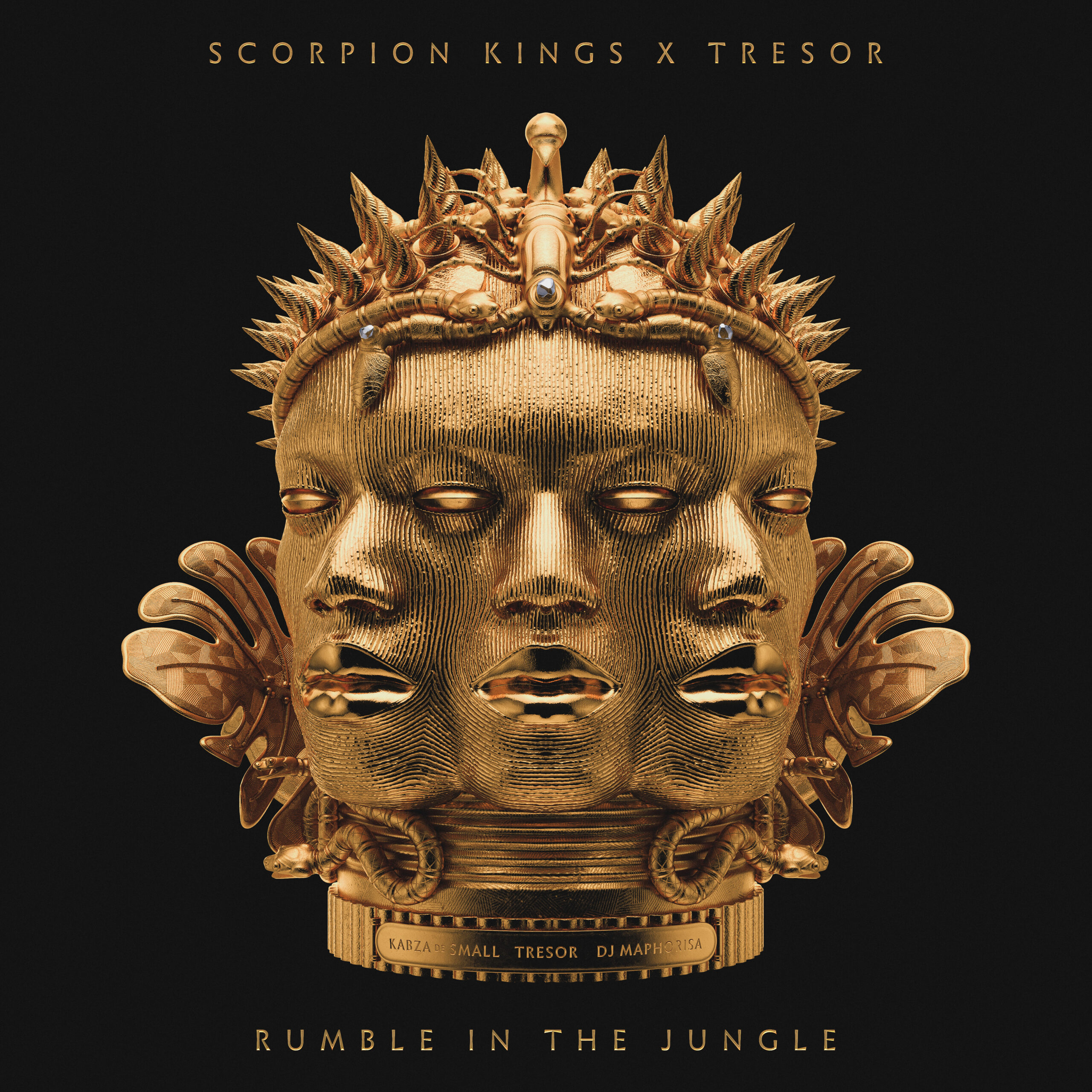Amapiano pioneers, MFR Souls, have expressed their discontent with Uncle Waffles’ recent statement on a US radio interview. During the interview on Power 1051 FM’s “The Way Up with Angela Yee,” Uncle Waffles made a comment that has sparked controversy in the Amapiano community.
When asked about the origins of Amapiano, Uncle Waffles said, “Amapiano is a style of music that originates from SOWETO in South Africa from younger street kids.” MFR Souls, who are widely credited as among the originators of Amapiano, took offense to this statement.
In a comment on a video clip of the interview posted online, MFR Souls said, “Younger street kids? Bathong.” The phrase “Bathong” is a South African expression that roughly translates to “really?” or “are you serious?” – implying that MFR Souls are questioning Uncle Waffles’ statement and feel disrespected by his wording.
The issue at hand seems to be Uncle Waffles’ choice of words, which may have come across as diminishing the role of pioneers like MFR Souls in shaping the genre. By saying “younger street kids,” Uncle Waffles may have inadvertently implied that Amapiano’s origins are solely attributed to unknown, younger artists from SOWETO, rather than acknowledging the contributions of established pioneers like MFR Souls.
MFR Souls’ comment has sparked a wider conversation about the importance of accurate representation and acknowledgment of Amapiano’s history and cultural significance. As the genre continues to gain international recognition, it’s essential to give credit where it’s due and celebrate the pioneers who have shaped the sound.
In a genre that prides itself on its rich cultural heritage and community, it’s crucial to prioritize respect and inclusivity. By doing so, we can ensure that the stories and contributions of pioneers like MFR Souls are celebrated and preserved for future generations.
Uncle Waffles’ statement may have been intended to acknowledge the genre’s roots in SOWETO, but it’s clear that the wording has caused offense. As the Amapiano community continues to grow and evolve, it’s essential to prioritize accuracy, respect, and inclusivity in our representation of the genre’s history and cultural significance.










